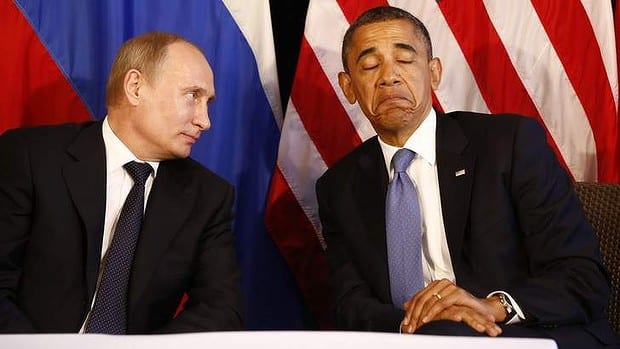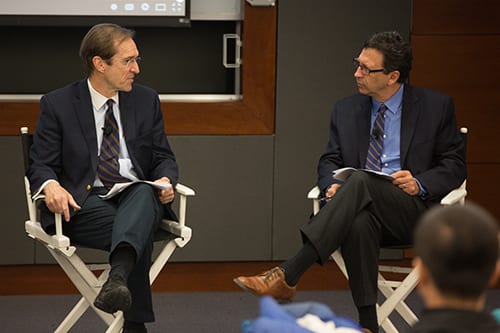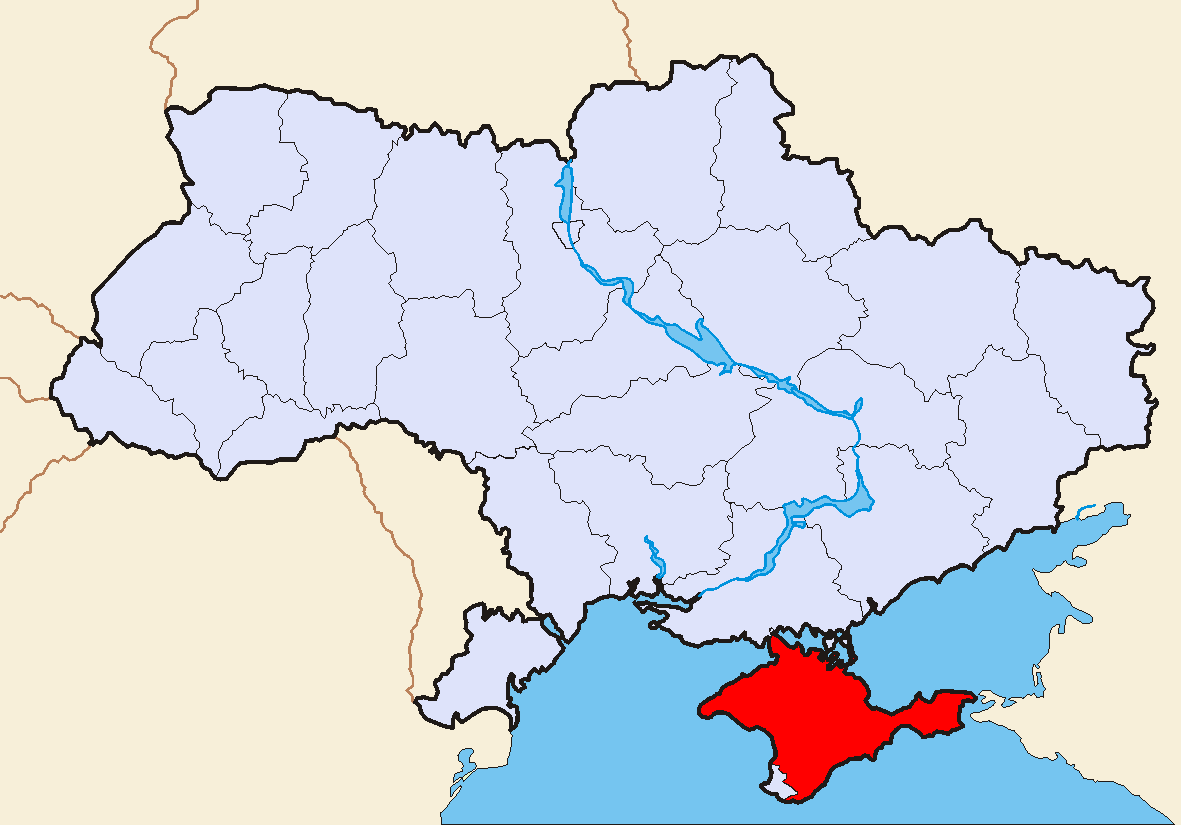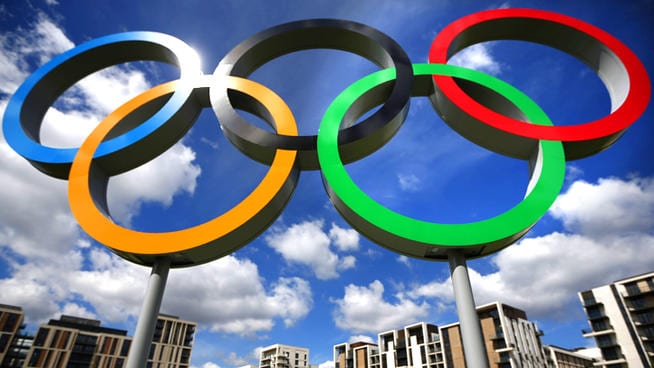
The already fascinating thrust and parry between the United States and Russia over Syria just got even more interesting with the latest Russian proposal calling on Damascus to give up its chemical weapons. This high stakes debate about war and peace unfolding in Washington, Moscow and other capitals around the world has important public diplomacy implications.
President Obama’s decision on August 31 to hit the pause button rather than launch button on military action against Syria reflected American concerns that there was insufficient political legitimacy to offset the lack of a United Nations Security Council resolution authorizing the use of force to punish the Assad regime for its alleged use of chemical weapons. There was a UN resolution two years ago when NATO intervened in Libya.
The pursuit of congressional and parliamentary backing was considered partial compensation, but there was an unexpected setback when the British House of Commons defeated a resolution to authorize force in Syria. The Obama administration continues to make its case for action, but getting a resolution authorizing the use of force through a deeply divided Congress is an uphill struggle, particularly in the House of Representatives.
The choice to seek popular and representative approval for military action is a political roll of the dice, but also an interesting civics lesson. The leaders of the world’s most enduring democracies are governing according to the wishes of their people, and subject to meaningful checks and balances by co-equal legislative branches. This assumes that President Obama would follow the lead of Prime Minister David Cameron and abide by the result of the congressional vote (assuming one takes place) that he said he didn’t need, but sought anyway. Meanwhile, a dictator uses all the weapons at his disposal, including chemical weapons, to hold on to power, backed by those who cynically use international law to undermine international norms. The process, slow and messy as it is, puts in sharp relief what is at stake in Syria.
The United States, Britain and France have presented compelling accounts that chemical weapons have been used in the increasingly brutal Syrian civil war. But there is not yet a “smoking gun” that definitively ties the latest chemical attacks that killed more than 1,400 people to the Syrian military or Assad himself. The results of a UN inspection to confirm the crossing of the red line regarding the use of chemical weapons are still pending, although its mandate does not include a judgment regarding who did it.
To many, this smacks of the Iraq debate ten years ago, a public diplomacy nightmare for the United States that will continue to handicap perceptions of American power and influence for years to come.
Mr. Obama has insisted that the unfolding tragedy in Syria represents a challenge for the international community, not just the United States. “I didn’t set a red line,” President Obama said about chemical weapons during remarks in Sweden recently. “The world set a red line.”
But while many countries are critical of the Assad regime, a lot less have openly called for a military strike. And fewer still seem prepared to directly participate. Many Americans are asking themselves, if the United States is considering defending widely accepted norms under the Chemical Weapons Convention (to which Syria is not a signatory), where is the rest of the world? Russia and China have effectively sidelined the United Nations. Many within the Arab League are hedging their bets.
But on the heels of a G-20 summit that featured open competition between Putin and Obama over international expressions of support for their colliding strategies on Syria, Putin has played a hole card that potentially takes the initiative away from Obama and shifts the debate from military back to political action.
While on the surface it appears to wrong-foot the president, it puts the onus on Putin to actually deliver. If Syria balks, it actually strengthens Obama’s argument for military action.
Obama should hit the pause button again, request that Congress suspend its consideration of a war resolution, move the debate back to the UN and see if Russia and China are prepared to give the international community a more meaningful role in the Syrian conflict. A UN resolution should authorize an intrusive international inspection regime to monitor Syria’s chemical weapons, since destroying its existing stockpile will take many years.
War-weary publics have expressed their fears that Syria would become another Iraq, circa 2003. Accepting the Russian offer, and then codifying and verifying it, would place UN inspectors on the ground who would work to at least take chemical weapons out of the deadly equation of the Syrian civil war. This would turn Syria into another Iraq, but circa 1991.
There are public diplomacy risks and costs to this course as well, but far fewer than starting another perceived American war in the Middle East.











